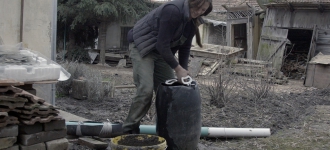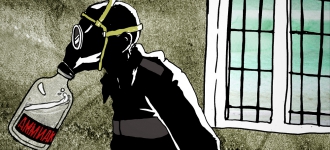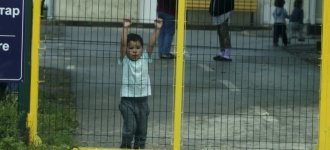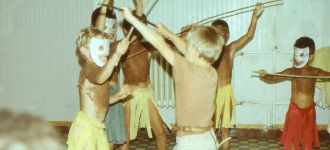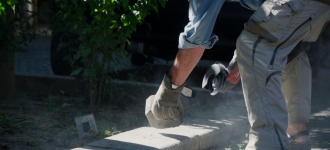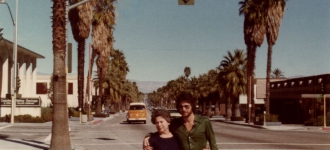
Old Stories
This year’s Hungarian competition happens to consist primarily of old stories, or more precisely, stories that occurred years ago that are being told from a modern perspective. I have considered why we should retell these tales in a time when there’s no shortage of new stories about our restless world. Right now our concept of liberal democracy (whatever we mean by that) is in a deep crisis. Reckless swindlers and criminal lunatics appear at the helm of leadership or in close proximity to it. Destructive ideas, such as impatience, racism, chauvinism and implacable hatred are on the rise — ideas to which the better half of the world has already bid farewell. And to add insult to injury, the second wave of the coronavirus is presently attacking at full speed, causing the deaths of so many. Meanwhile, at an occupied university in Budapest, a group of students presents us with a prime example of civil courage as they watch over the flickering flame of their freedom. By doing so, they show us the “other Hungary” — a place for quality and taste, the Hungary that Géza Ottlik wrote about, where there can be light in these dark times.
The reason this year’s films center around old stories is partly because things now happen at a dramatic pace, but time and distance are needed to process today’s news or the rapid-fire images spread across social media. Documentary film does not capture an audience like snapshots of a Member of Parliament ostentatiously posing in front of voters, or of a former colonel blocking the entrance of a university in lockdown, or in wider contexts, the fight of Belarussian women defying violence, or American presidential candidates hastily rebuking each other.
This year’s selection lures us not with topicalities, but with stories that have been filtered through time, giving them a wider, at times eternal, meaning. Return to Epipo is the story of the present-day impact of harassment that happened 30 years ago, from the point of view of the child victims. Hurry, Mom’s Waiting At Home replays the mysterious death of the rock legend Tamás Barta, and brings forth from the shadows the Kádárian cultural politics wherein dissidents were punished for generations. The unforgettable message of Stones recalls Hungary during the Holocaust, while the animated documentary Kostya Proletarsky depicts psychiatry in the service of Russian politics. Migration Studies, the most recent film in the section, captures the hard fate of refugees — a story buried in today’s mayhem, but one which aches and resonates within us. And finally, two enduring pieces: Terminal Phase and Ever, about sacrifice, and loyalty and love. The protagonists in these films are everyday heroes who prove that redemption is possible, even in a sleazy ward or small nursing home room, if not for all of humanity, then for those whom we love.
György Báron
Curator of the Hungarian Competition



